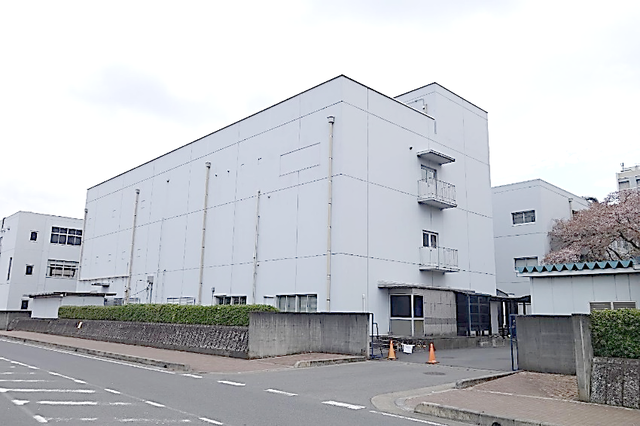Head of the Center: Satoru Kawai, DVM, PhD

Head of the Center: Satoru Kawai, DVM, PhD

The Research Center for Laboratory Animals (RCLA) in Dokkyo Medical University manage and support in vivo research using laboratory animals, which is indispensable for medical research. Therefore, we are always striving to create an appropriate environment for animal experimentation, in accordance with the perspective of animal welfare.
The Research Center for Laboratory Animals supports education and research in the University by providing both the ideal environment for experiment through the proper management of the animals and the most advanced technology to help the researchers. The RCLA supports research using biotechnology to meet the demands of the investigator’s teams of Dokkyo Medical University, and at the same time, aims to establish novel techniques to produce genetically modified animals. Currently, the analysis of human genome functions, where the use of experimentation in vivo is required, has become the focus of several areas of medical research and the use of animals is supposed to increase still more. When carrying out such experiments, we must not forget the ethics in animal experimentation. The RCLA plays an important role in teaching students and providing refresher courses to DMU staff on the ethics of animal experimentation, where we always remind them that they should treat those animals humanely as living creatures instead of handling them merely as laboratory materials.
1. Control of animal breeding environment
2. General breeding management of various laboratory animals
3. Technical support
Training lectures are held for researchers who wish to perform animal experiments. Researchers who have taken the lecture will be issued a registration number by the Animal Care and Use Committee in the University and will be able to obtain permission to perform animal experimentations.
Japanese Association for Laboratory Animal Science (JALAS)
Japanese Association of Laboratory Animal facilities of Public and private universities (JALAP)
Japanese Association for Experimental Animal Technologists (JAEAT)
Professor Satoru Kawai, DVM, PhD
Associate Professor Masakatsu Fujinoki, PhD
Assistant Professor Hiroe Kon, DVM, PhD
Research Center for Laboratory Animals, Dokkyo Medical University,
Kitakobayashi 880, Mibu, Shimotsuga, Tochigi, 321-0293 Japan
Email address: animal-c@dokkyomed.ac.jp